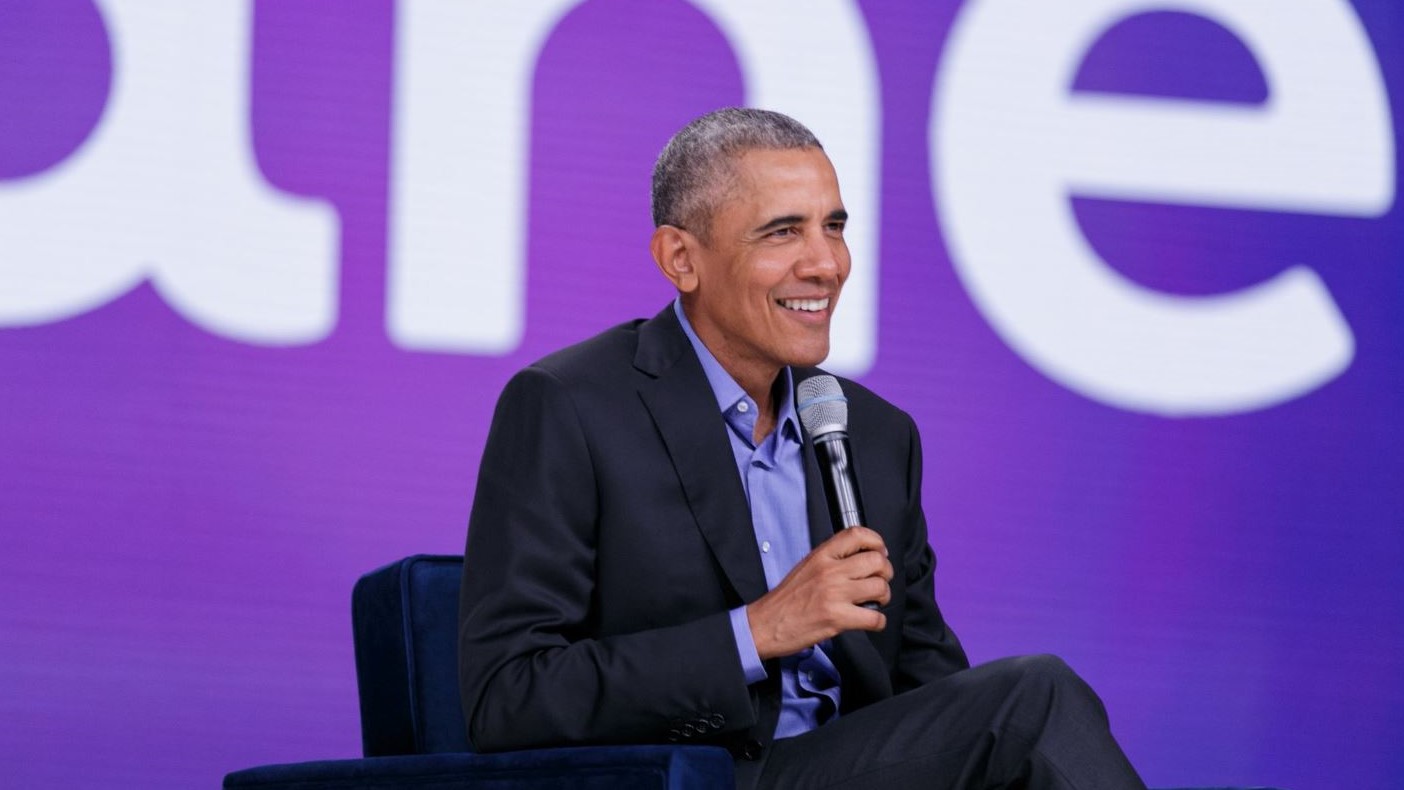Barack Obama has called upon the United States government to create a strong and transparent data sharing framework.
Speaking at the Oktane18 Conference in Las Vegas, the 44th President of the United States discussed the social issues emerging from increased technology uptake in a Q&A with Okta CEO Todd McKinnon.
Speaking just hours before the European Union’s GDPR came into effect, Obama indicated it might be time for the United States to follow suit.
“The political system is not, I think, being as responsive as quickly as it could be, in part to unleash the opportunities of technology but also in order to create some regulatory structures in some areas that are going to be needed because the technology is moving so quickly.
“A perfect example, which I know Okta works on a lot, is the issue of data collection and how data is used and what happens to my personal data and how does it get commercialised.
“Creating a framework that’s agreed upon, that’s transparent, that people understand, I think, is a challenge that we should welcome and do with a structed and systematic way, as opposed to in a spasmatic way.”
When quizzed by McKinnon on how the American government can better harness technology, the former president pointed to clearer communication as the first step.
“I think that it is in the interests in all of us that there should be a good discussion between the people in the tech community and the people in Washington,” he said.
“There needs to be discussion and interchange. There is perhaps a perception in DC that everything in tech is very complicated.”
Although his title of Former President preceded him, he was by no means out of place speaking at a technology conference.
During his presidency, Obama led several key initiatives within the technology sector, including the implementation of the United States Digital Service, which brings Silicon Valley leaders to Washington for what has been labelled as the White House’s ‘start-up.’
He also launched the Educate to Innovate in 2009, which included key initiatives such as 100Kin10, a teacher training program that aims to put 100,000 new STEM teachers into classrooms by 2021.
Speaking only days after Minister for Finance, Services and Property, Victor Dominello, announced a new e-procurement platform in NSW, Obama also hinted at the potential of simplifying this process.
“The difference in between public sector technology and what you see in the private sector is vast,” he said.
“Often it’s down to procurement issues in government and the fact that so much of each product has to be purchased.
“The way government rules have evolved around how you buy stuff, is still built around buying a million pencils or a million army boots – it’s not well-equipped for things like software.”
With the voting rates during in the 2016 election finishing at around 58%, McKinnon floated the possibility of online voting to Obama, as a way to increase participation.
“My bias is that we should move to make voting easier than harder. We are the only developed country on Earth that makes it difficult for people to vote,” he said.
And while he did acknowledge that online voting is something that “should be considered” by the United States, he was quick to point out there are simpler non-technical changes that could also increase participation.
“There are some states that do a good job of things like voting by mail and areas like online registration… If we are just restricting the vote to one weekday when a single mom can’t get time in her day to vote, then that’s not good.”
Edward Pollitt travelled to Oktane18 in the US as a guest of Okta.










